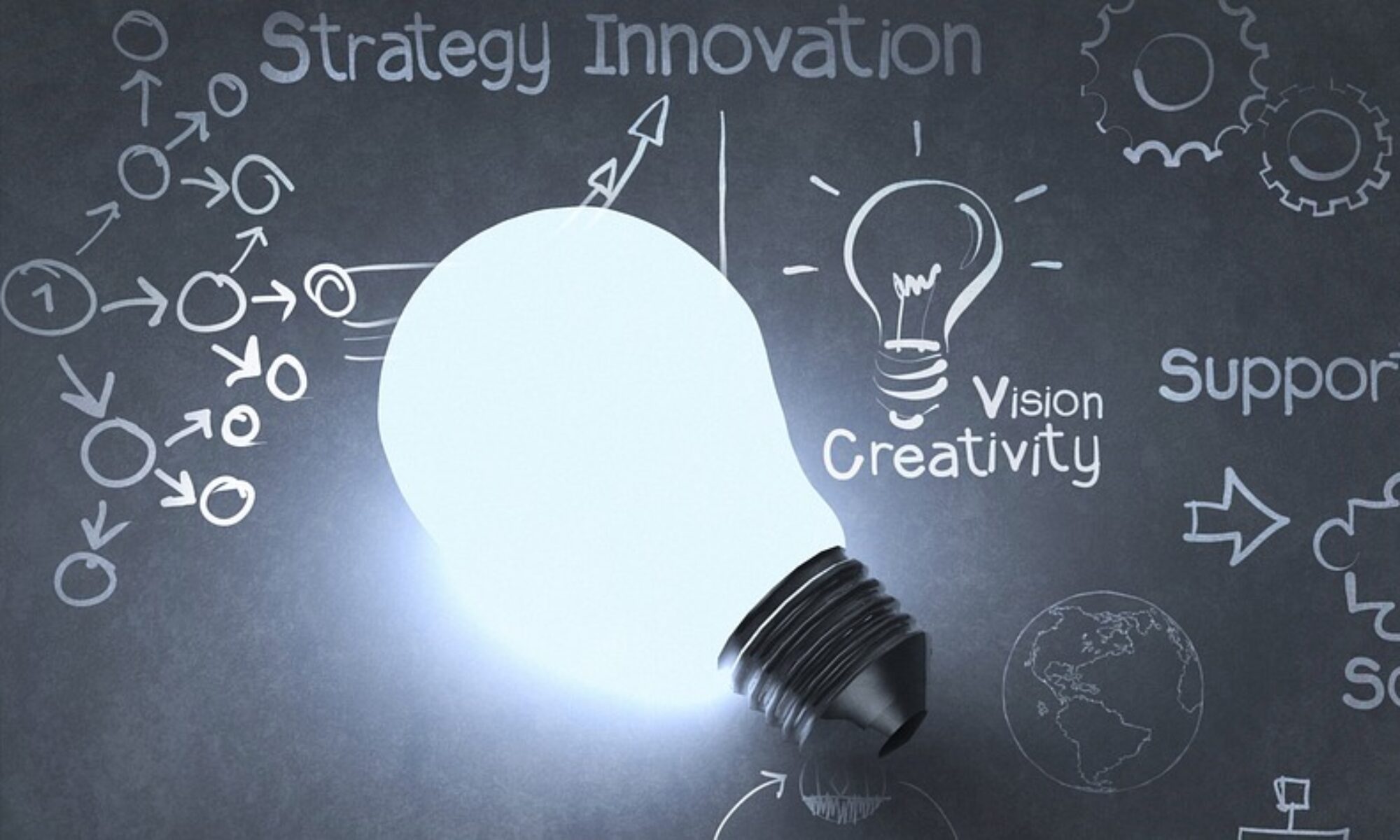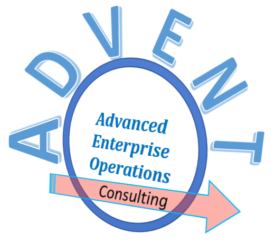LEAN is a business philosophy that deals with eliminating waste (in Japanese MUDA) and, therefore, focuses on adding efficiency to the company’s production system.
The 5 Lean principles are:
1. Identify the value of the Product : define the value from the customer’s point of view.
2. Map the value flow: Identify all the steps that add value to the product (Service) and delete those that do not add any value (waste).
3. Create continuous flow: The value creation steps must occur in a close sequence.
4. Establish a “pull” system – That is, let customers “pull” the production chain (of the activity) upstream.
5. Seek perfection – Once value streams are identified, waste is eliminated, non-value-added activities are reduced, the flow of activities is made continuous and the customer begins to request (pull) the product (service). At this point the process of seeking perfection is repeated endlessly.
The main advantages of Lean are summarized below:
- Improvement of customer service;
- Improved productivity;
- Reduction of rework;
- Waste reduction;
- Increased efficiency of production flows;
- Improvement of delivery times; and
- Reduced inventory levels.
Our proposal provides for a first intervention of “assessment”, that is, verification, of the state of the company’s production reality.
In particular, the following “dimensions” will be the subject of dedicated focus:
Attention to Customer
Management and strategy
Organization
Reporting Systems
Culture of improvement
Production Management
Maintenance Management
Engineering and Design Management
The above activity will be followed by a de-briefing with which the result of the verification will be explained to the Management, along with suggestions of improvements needed.

